With increasing environmental concerns and technological advancements, hybrid vehicles are becoming a popular choice for car buyers. By examining various factors such as cost, environmental impact, and driving experience, you can determine whether a hybrid car should be your next vehicle.
Cost Considerations
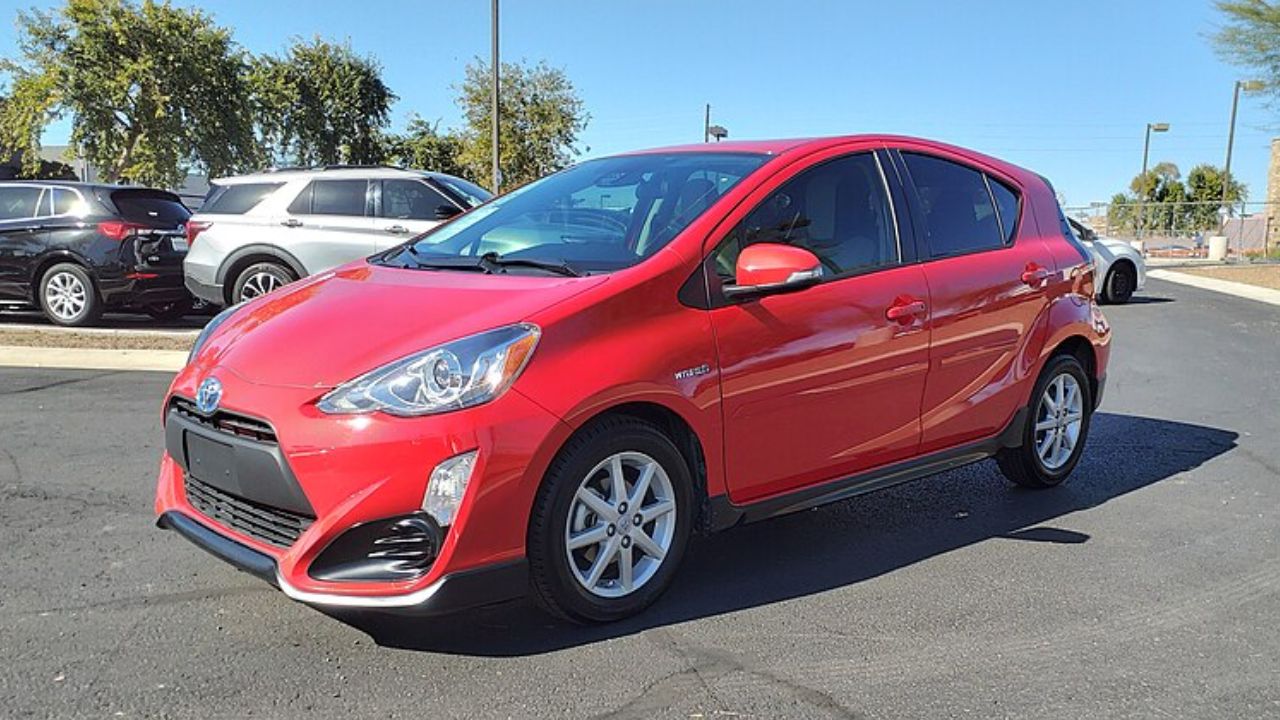
Initial Purchase Price vs. Long-Term Savings
When considering a hybrid vehicle, the initial purchase price is often higher than that of a traditional gasoline car. However, it’s important to weigh this against potential long-term savings. Hybrid vehicles typically offer better fuel efficiency, leading to reduced fuel expenses over time. Additionally, many countries provide tax incentives for hybrid car owners, which can further offset the initial cost. For example, the federal tax credit in the United States offers up to $7,500 for certain hybrid models.
In the long run, these savings can make hybrids a financially viable option. A study by ScienceDirect points out that the total cost of ownership for hybrids can often be lower than for traditional cars when fuel savings and incentives are considered.
Maintenance and Repair Costs
Maintaining a hybrid car may differ somewhat from traditional vehicles, especially due to the presence of the electric motor and battery system. However, hybrids generally require less frequent oil changes and brake replacements, thanks to regenerative braking systems. These factors can contribute to reduced maintenance costs over time.
While specialized repair services and parts can be pricier, the increasing popularity of hybrids has led to greater availability of these services. As the market grows, more mechanics are becoming trained in hybrid maintenance, potentially lowering repair costs in the future.
Environmental Impact
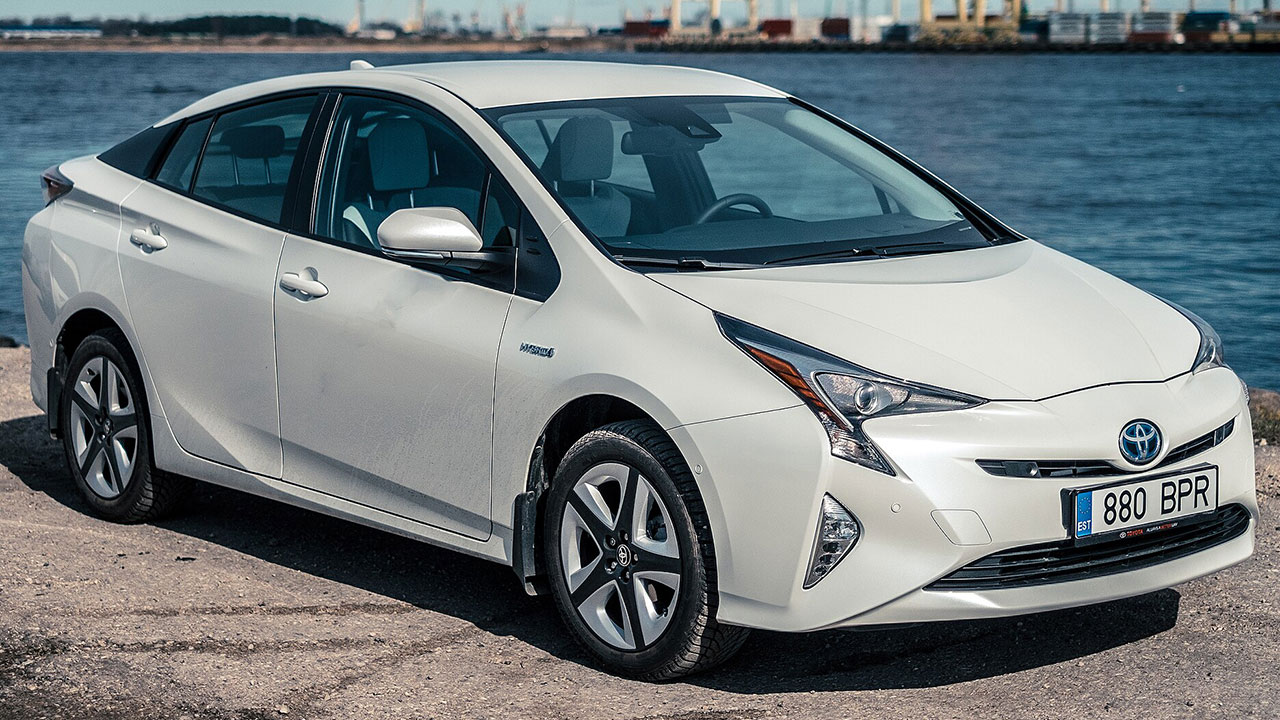
Reduction in Emissions
Hybrid vehicles offer a significant reduction in emissions compared to conventional cars, as they combine an internal combustion engine with an electric motor. This dual power source allows for greater fuel efficiency and thus, lower carbon emissions. According to Tom Denton’s work on electric and hybrid vehicles, these cars can reduce fuel consumption by 30% to 40%.
However, it’s worth noting that while hybrids do contribute positively to emission reductions, they are not completely without environmental criticism. Some argue that the production and eventual disposal of hybrid batteries can have negative environmental impacts, although advancements in recycling processes are attempting to mitigate these concerns.
Battery Production and Disposal
The production of hybrid vehicle batteries, particularly lithium-ion batteries, involves resource-intensive processes that can be environmentally taxing. Additionally, the disposal of these batteries poses challenges. Nevertheless, the industry is actively seeking solutions, such as improving battery technology and recycling methods.
Efforts are underway to enhance the sustainability of battery production and disposal. Companies are investing in recycling facilities to recover valuable materials from used batteries, reducing the need for new raw materials and minimizing environmental impact.
Driving Experience and Performance
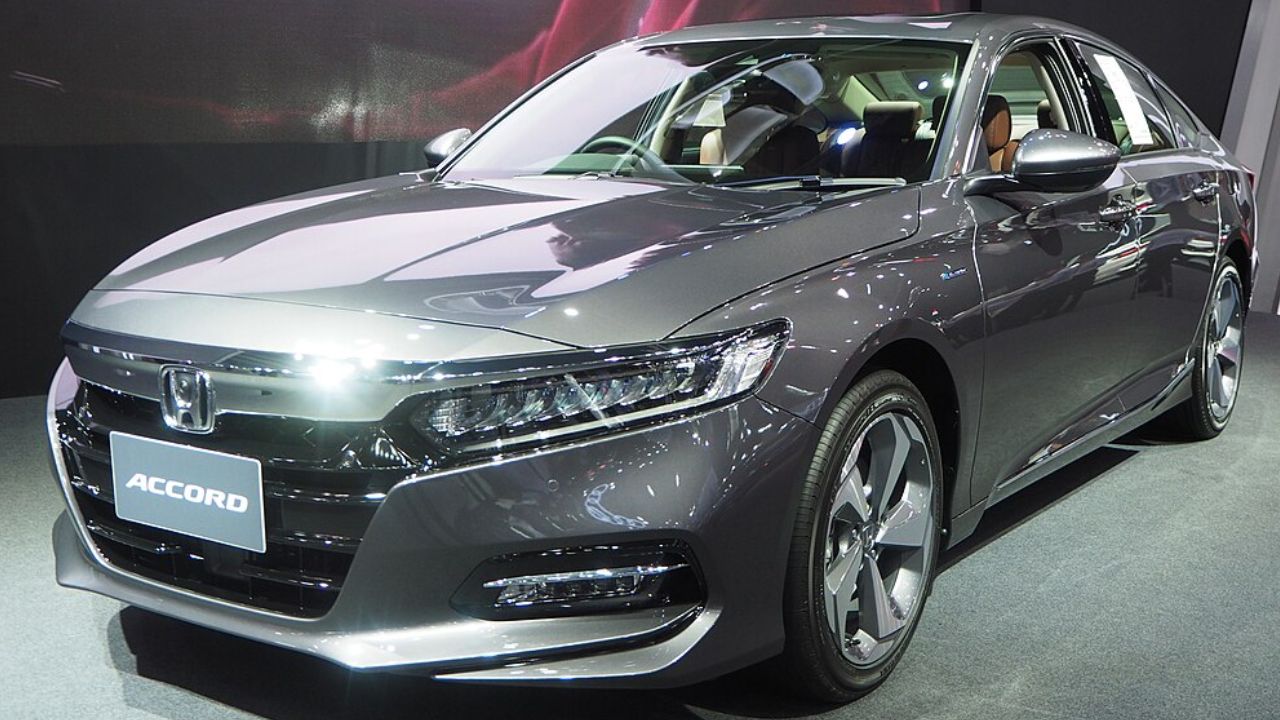
Hybrid Performance Characteristics
The driving experience in a hybrid vehicle is generally smooth and quiet, attributed to the seamless transition between the electric motor and gasoline engine. Hybrids like the Toyota Prius or the Honda Accord Hybrid offer impressive acceleration and handling, often surprising drivers with their performance capabilities.
Furthermore, hybrids are designed to excel in various driving conditions. In city environments, the electric motor handles most of the work, maximizing efficiency. On highways, the gasoline engine takes over, providing the necessary power for sustained speeds. This flexibility contributes to a versatile and enjoyable driving experience.
Range and Fuel Efficiency
One of the most compelling aspects of hybrid vehicles is their fuel efficiency. The hybrid powertrain optimizes fuel consumption by switching between the electric motor and gasoline engine as needed. This results in lower fuel costs and fewer emissions.
However, range limitations can be a consideration for those who frequently undertake long-distance travel. While most hybrids offer ample range for everyday use, the reliance on gasoline for extended trips remains a factor. Nonetheless, the overall efficiency makes hybrids an attractive option for many drivers.
Technological Features and Innovations
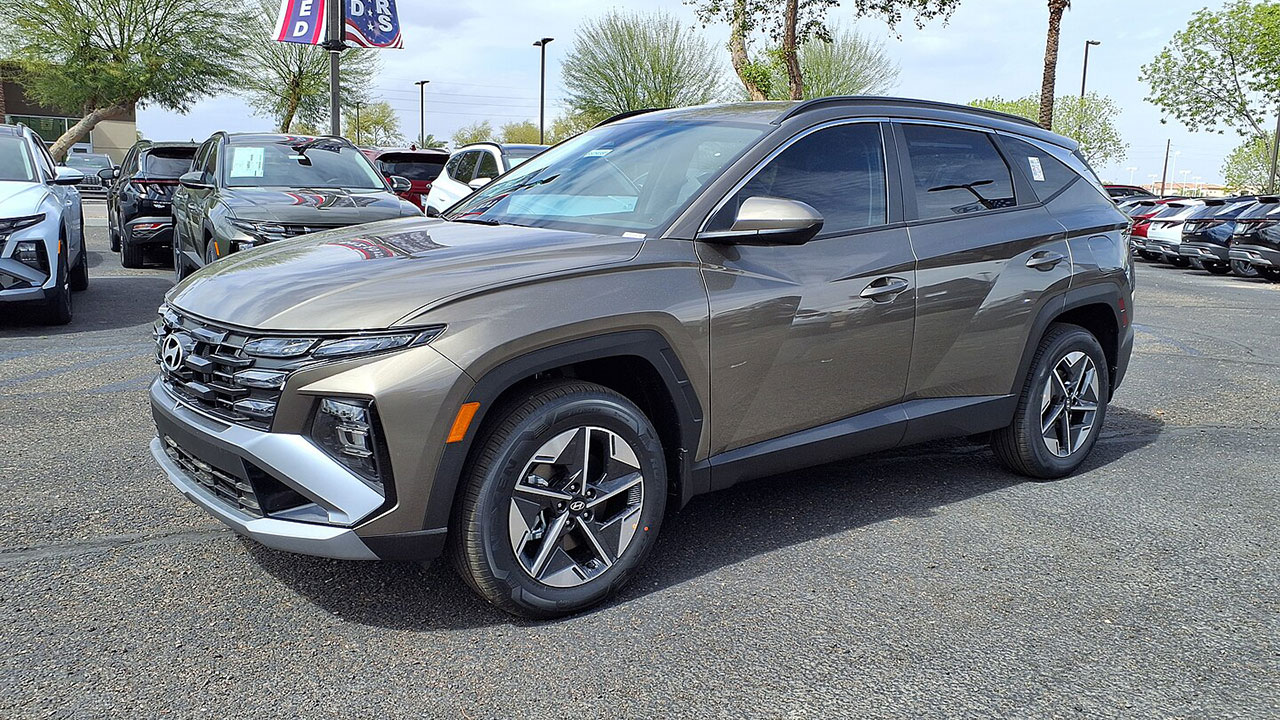
Advanced Technology Integration
Hybrid vehicles are often equipped with cutting-edge technologies that enhance the driving experience. Features like regenerative braking and energy management systems contribute to improved efficiency and performance. Additionally, hybrids frequently come with user-friendly interfaces and connectivity features, such as smartphone integration, adaptive cruise control, and lane-keeping assistance.
These technologies not only make driving more convenient but also improve safety and efficiency. For instance, the Hyundai Tucson Hybrid offers an innovative suite of smart features that enhance both comfort and security.
Future Developments in Hybrid Technology
The future of hybrid technology holds exciting possibilities, with continuous advancements aimed at increasing efficiency and reducing environmental impact. As hybrids serve as a bridge between traditional and fully electric vehicles, there’s a strong focus on improving battery technology and electric range.
Emerging trends suggest that hybrids will play a crucial role in the transition to a more sustainable automotive industry. As manufacturers invest in research and development, we can anticipate further innovations that will make hybrids an even more compelling choice for consumers.
Market Availability and Options
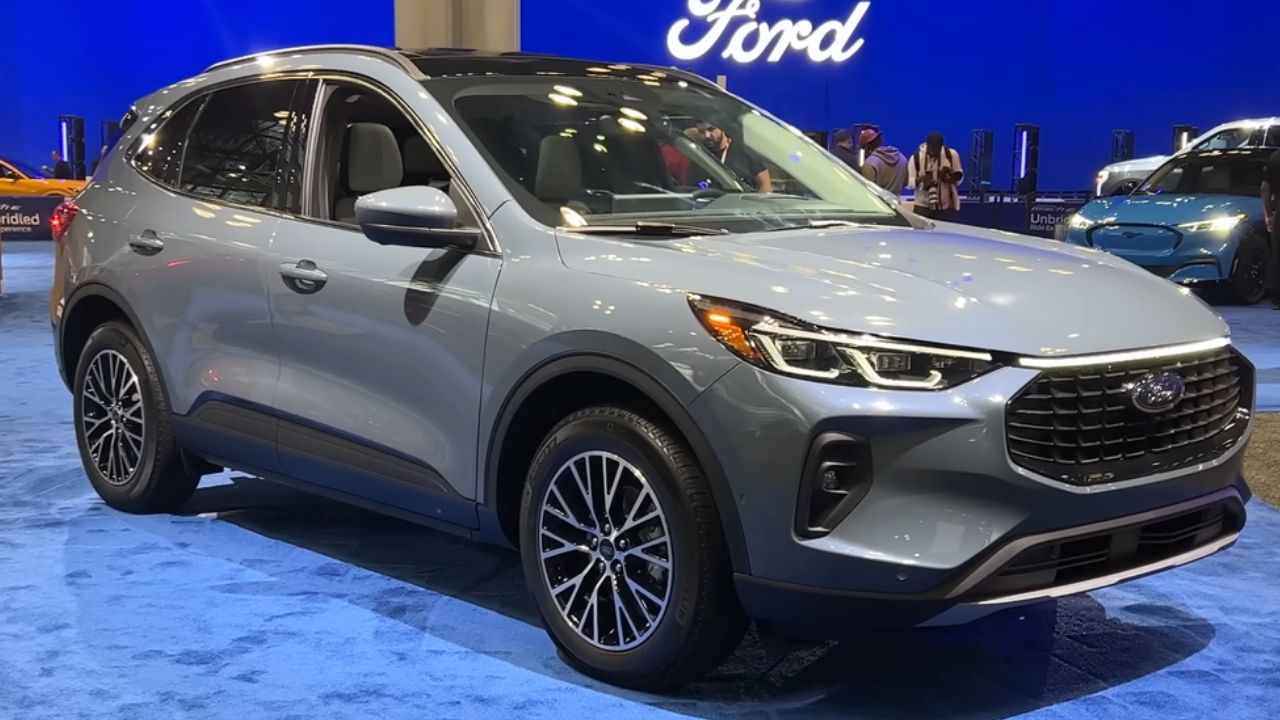
Variety of Models and Brands
Today, the market offers a wide range of hybrid models across various brands, catering to different consumer preferences and needs. From compact cars like the Toyota Prius to SUVs like the Ford Escape Hybrid, there is a diverse selection available. Each model presents unique features and selling points, appealing to various segments of the market.
The evolution of hybrid technology has led to an increase in model availability, providing consumers with more options than ever before.
Consumer Considerations and Preferences
When deciding on a hybrid vehicle, several factors can influence consumer choice, including brand loyalty, design preferences, and lifestyle needs. The shift towards environmentally friendly options and the desire for cost-effective, efficient vehicles are driving more consumers to consider hybrids.
As awareness of environmental issues grows, consumer preferences are increasingly aligning with sustainable practices. This trend is reflected in the rising popularity of hybrid vehicles, which offer a more sustainable alternative without compromising on performance or comfort.
Like Fast Lane Only’s content? Be sure to follow us.
Here’s more from us:
*Created with AI assistance and editor review.

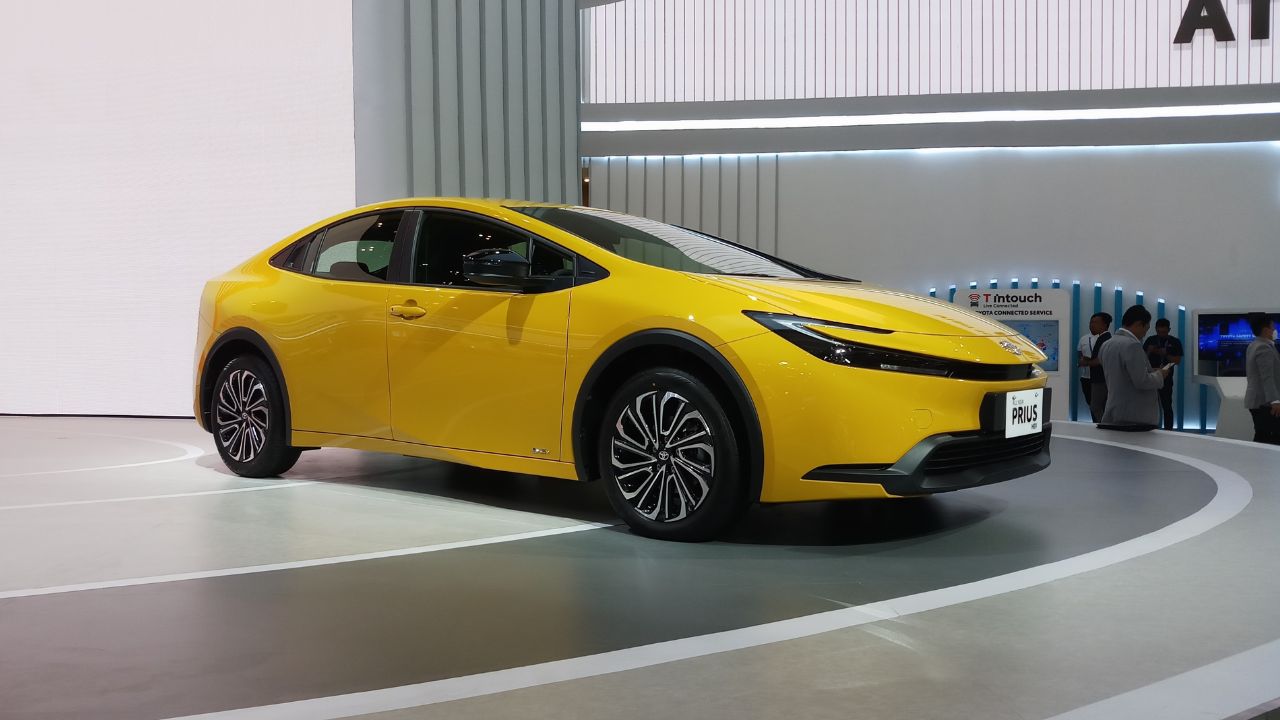

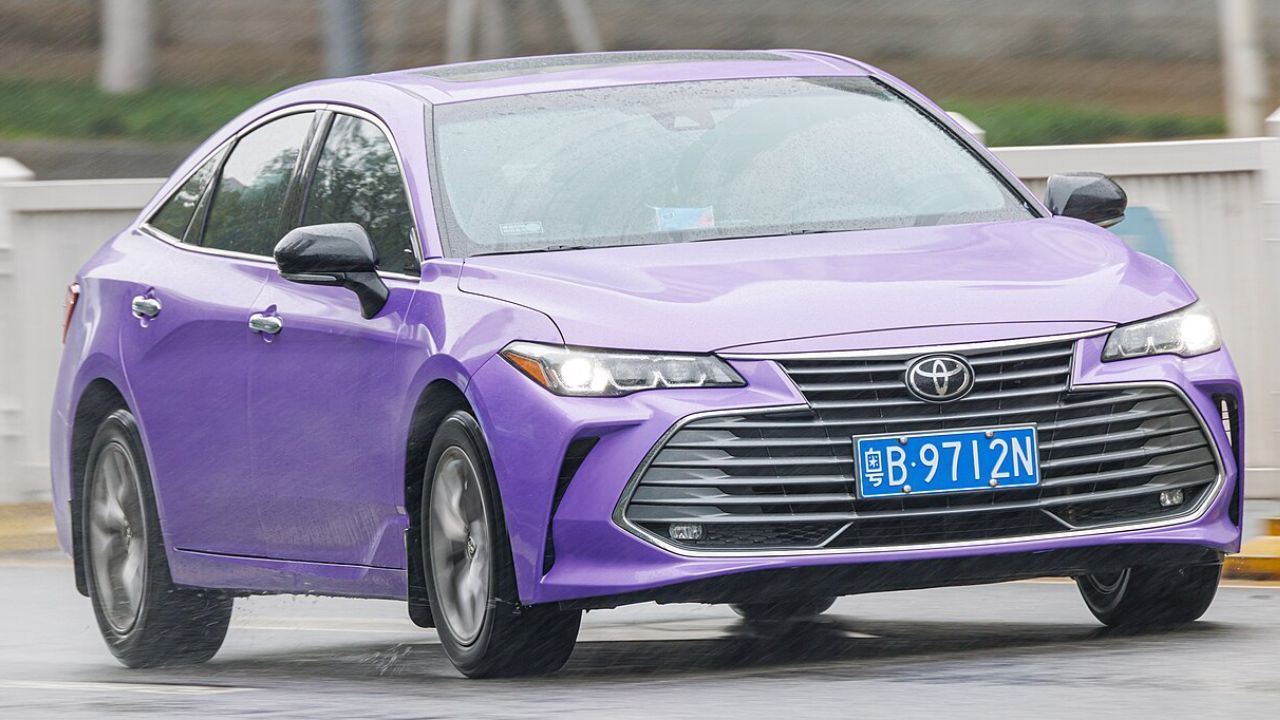
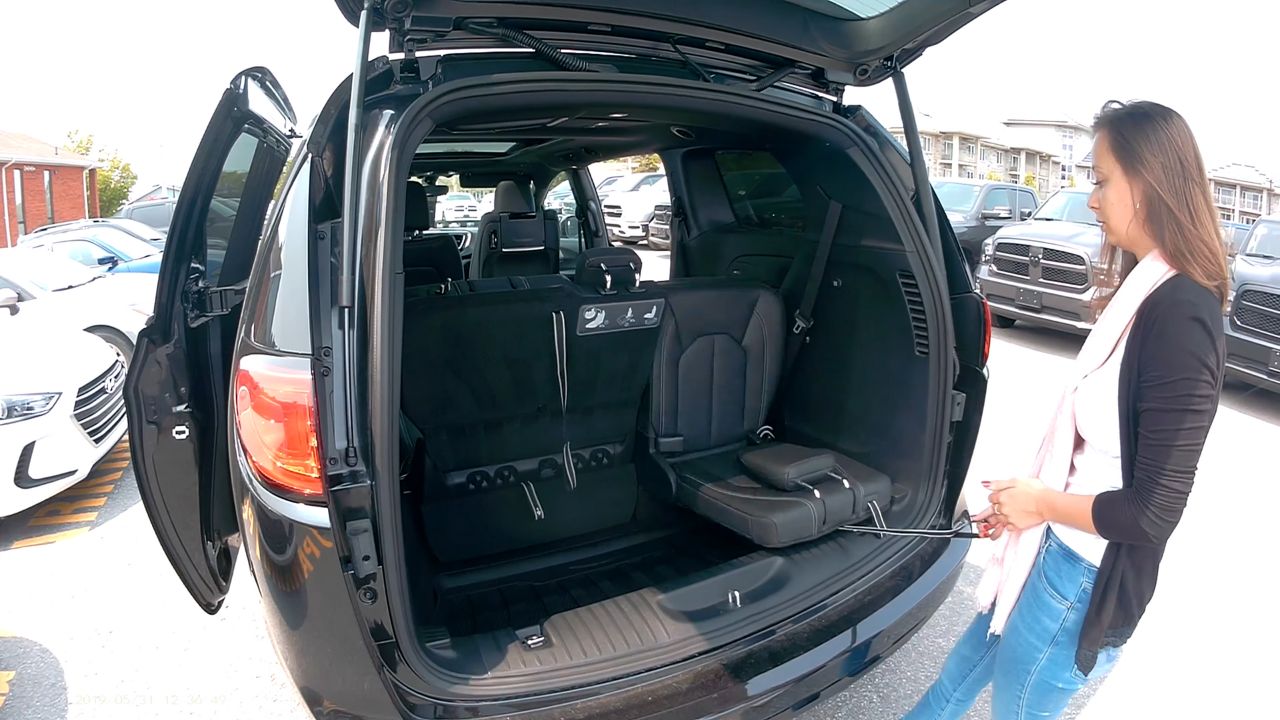
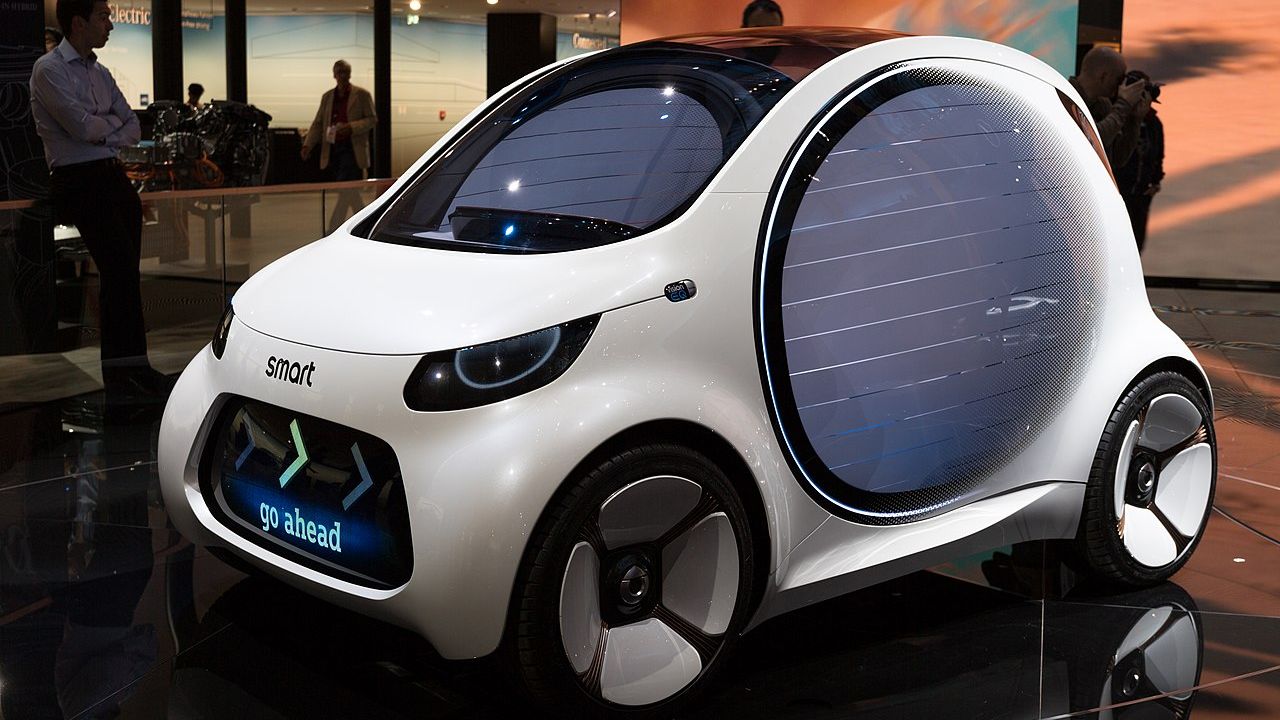
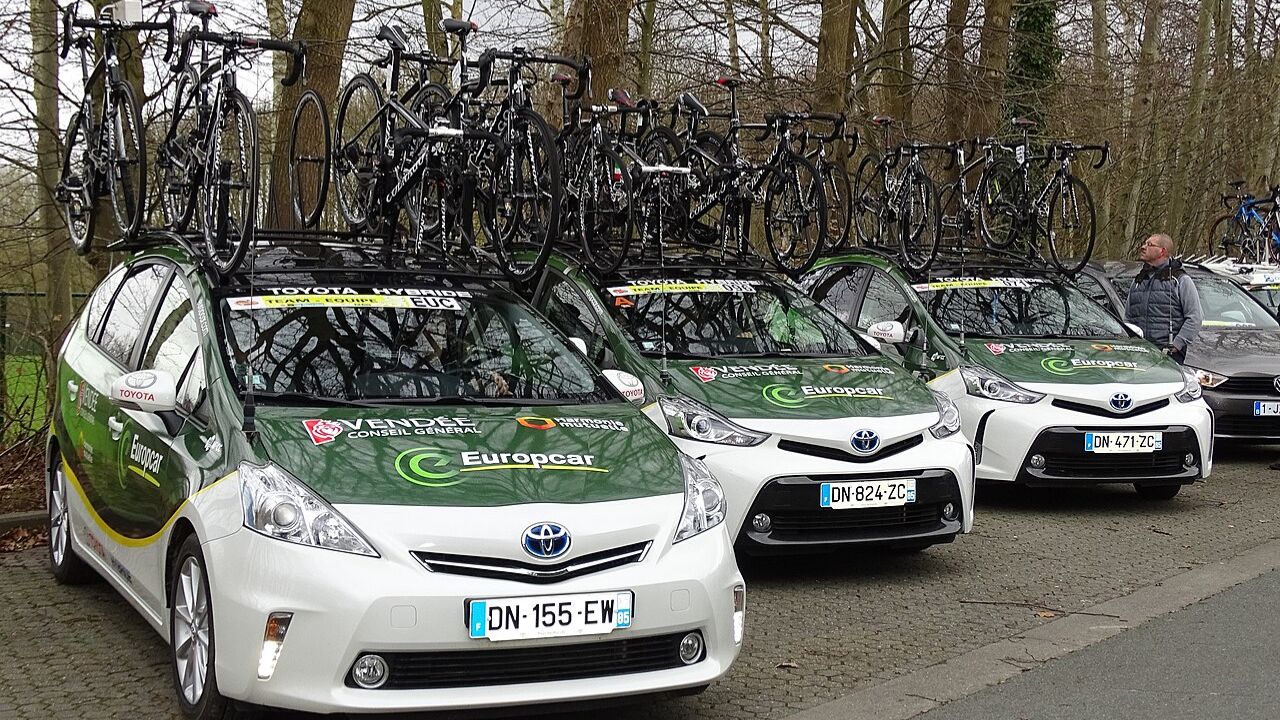
Leave a Reply